Are we ‘unconsciously racist’ and what does it mean?
Prince Harry urges everyone to take steps to combat discrimination
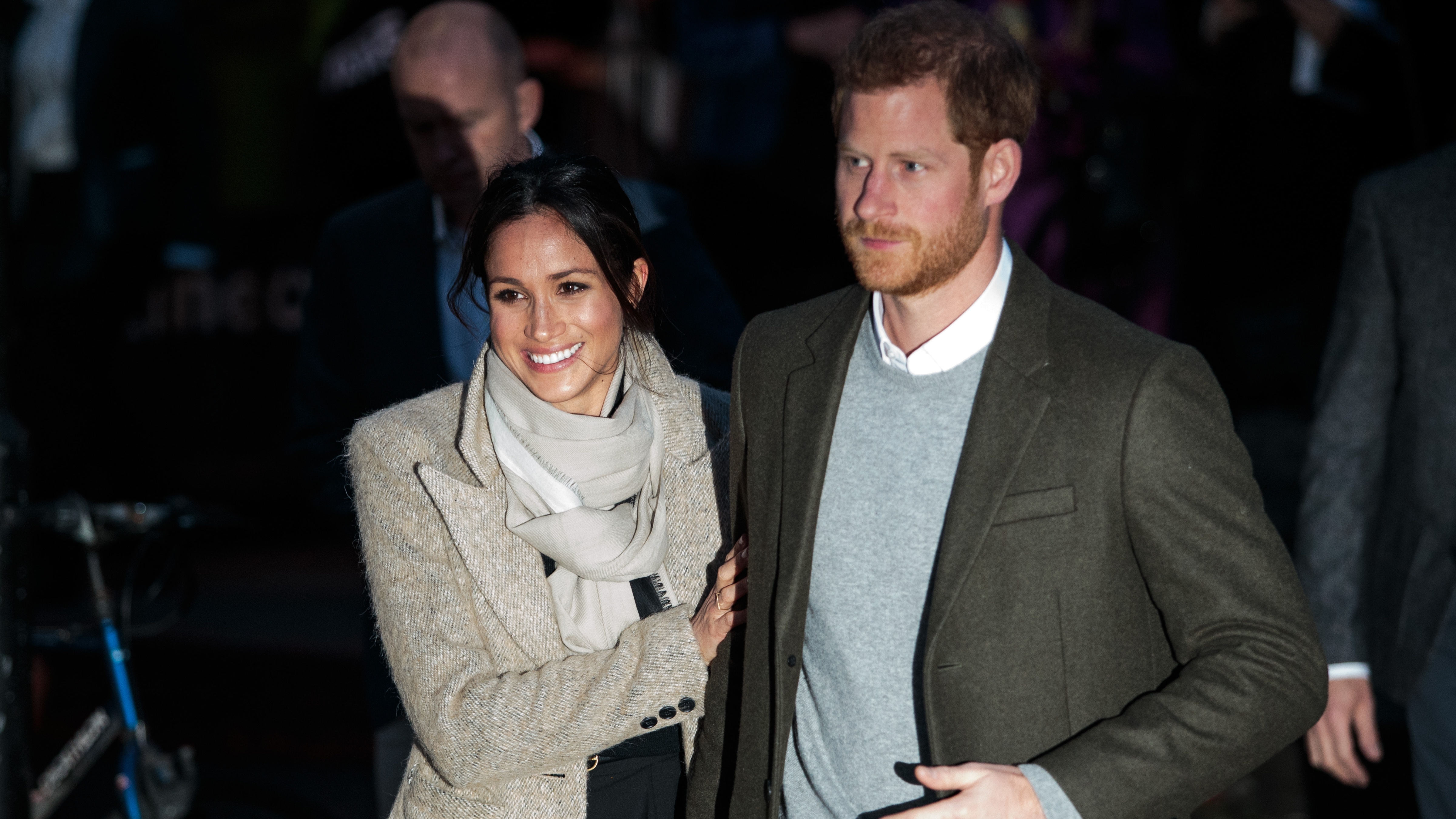
A free daily email with the biggest news stories of the day – and the best features from TheWeek.com
You are now subscribed
Your newsletter sign-up was successful
The Duke and Duchess of Sussex have called for more awareness of “institutional racism” and “unconscious bias” in order to to help right the wrongs of “hundreds of years gone by”.
Speaking to a group of young Commonwealth leaders and anti-racism campaigners, Prince Harry said that “when it comes to institutional and systemic racism, it’s there and it stays there because someone somewhere is benefiting from it”.
We can’t deny or ignore the fact that all of us have been brought up and educated to see the world differently. However, once you start to realise that there is that bias there, you need to acknowledge it,” he added.
The Week
Escape your echo chamber. Get the facts behind the news, plus analysis from multiple perspectives.

Sign up for The Week's Free Newsletters
From our morning news briefing to a weekly Good News Newsletter, get the best of The Week delivered directly to your inbox.
From our morning news briefing to a weekly Good News Newsletter, get the best of The Week delivered directly to your inbox.
Meghan Markle told the Queen’s Commonwealth Trust video conference that the process would be painful, but that “what we can have tremendous faith in is knowing that there will be growth”, reports The Times.
The plea for action came as Keir Starmer announced that he was signing up for unconscious bias training, after being criticised for calling the Black Lives Matter movement a “moment”. The Labour leader said the training was being introduced “for all of our staff and I’m going to lead from the top on this”, reports The Guardian.
What does ‘unconscious racism’ mean?
Unconscious biases are “social stereotypes about certain groups of people that individuals form outside their own conscious awareness”, says the University of California, San Francisco (UCSF) website.
A free daily email with the biggest news stories of the day – and the best features from TheWeek.com
This type of bias is more common than conscious prejudice, and often conflicts with the holder’s conscious values. So someone may be consciously anti-racist but still have unconscious biases towards people of colour.
“Certain scenarios can activate unconscious attitudes and beliefs. For example, biases may be more prevalent when multitasking or working under time pressure,” says UCSF.
Markle told the Queen’s Commonwealth Trust conference that “it is in the quiet moments where racism, unconscious bias, lies and hides and thrives. In people’s complacency, they are complicit. It’s not enough to be a bystander and say, ‘It wasn’t me.’”
Are we all unconsciously racist?
The prevalence of unconscious racial bias has been highlighted by numerous studies in recent decades.
A government-commissioned study by the NatCen Social Research institute in 2009 found that job applications from people with white-sounding names were 74% more likely to receive a positive response than applications from people with ethnic minority names.
Another study ten years later found that only 51% of FTSE 100 companies had directors from black, Asian and minority ethnic (BAME) backgrounds, and only 8% of the total director population in the UK was BAME, according to HR Magazine.
Anyone can test their own implicit biases with the Implicit Association Test, developed by a Harvard University-led network of researchers.
Can the problem be fixed?
Many organisations offer unconscious bias training to explain the psychology of the phenomenon so that people can take a more active role in combating it. But the efficacy of this training has been called into question by a number of leading psychologists and HR professionals.
“They are based on the supposition that awareness of personal unconscious biases can result in the mitigation of those biases, a supposition for which there is simply no evidence,” says Dr Kristen Liesch of stratedy consulting firm Tidal Equality.
“Expecting an employee to be able to overcome their biases after an unconscious bias training session has made them aware of them, is akin to expecting them to eat healthily and be active because you’ve held a health and nutrition seminar,” Liesch argues.
Research by HR body the Chartered Institute of Personnel and Development also found “extremely limited” evidence for unconscious bias training leading to positive change in behaviour, reports People Management.
Diversity training “doesn’t usually show a sustained impact on behaviour and emotional prejudice, and alone is not sufficient to create a diverse and inclusive organisation”, the study found.
-
 Political cartoons for February 15
Political cartoons for February 15Cartoons Sunday's political cartoons include political ventriloquism, Europe in the middle, and more
-
 The broken water companies failing England and Wales
The broken water companies failing England and WalesExplainer With rising bills, deteriorating river health and a lack of investment, regulators face an uphill battle to stabilise the industry
-
 A thrilling foodie city in northern Japan
A thrilling foodie city in northern JapanThe Week Recommends The food scene here is ‘unspoilt’ and ‘fun’
-
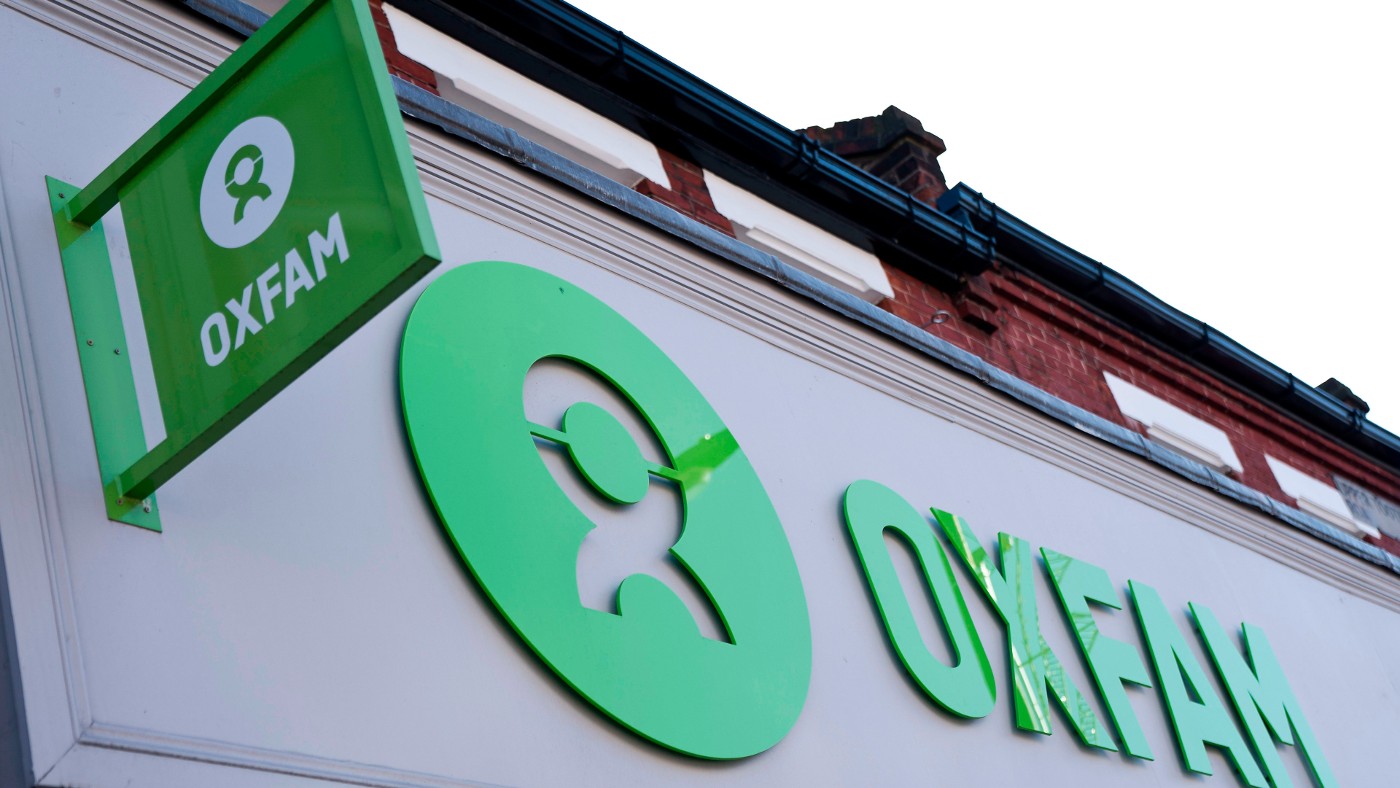 Charity shop painting sells for £25,000
Charity shop painting sells for £25,000Tall Tales And other stories from the stranger side of life
-
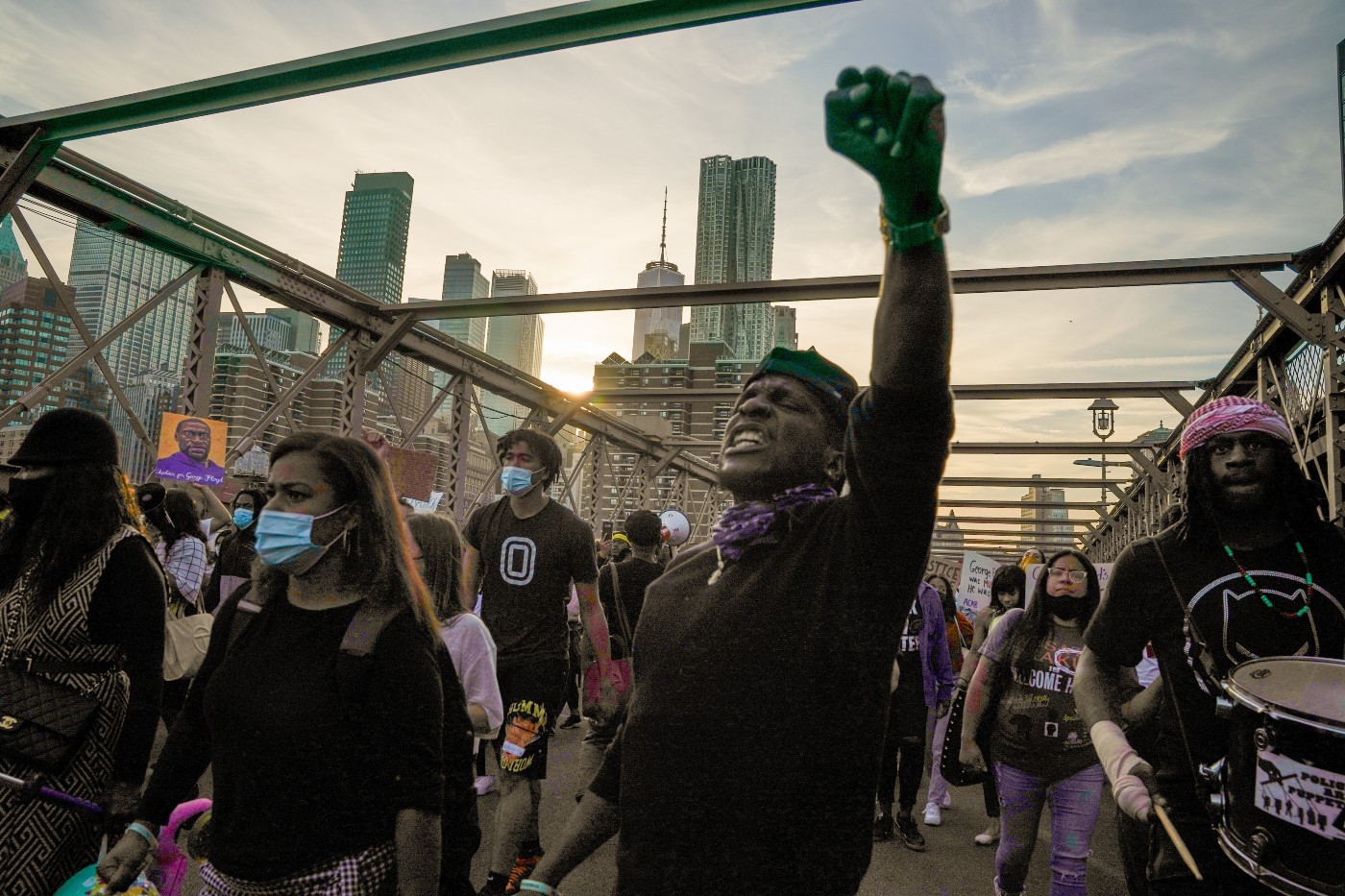 George Floyd legacy: what has changed in the US three years on
George Floyd legacy: what has changed in the US three years onfeature Police officers are more accountable but has ‘white empathy’ hit a wall?
-
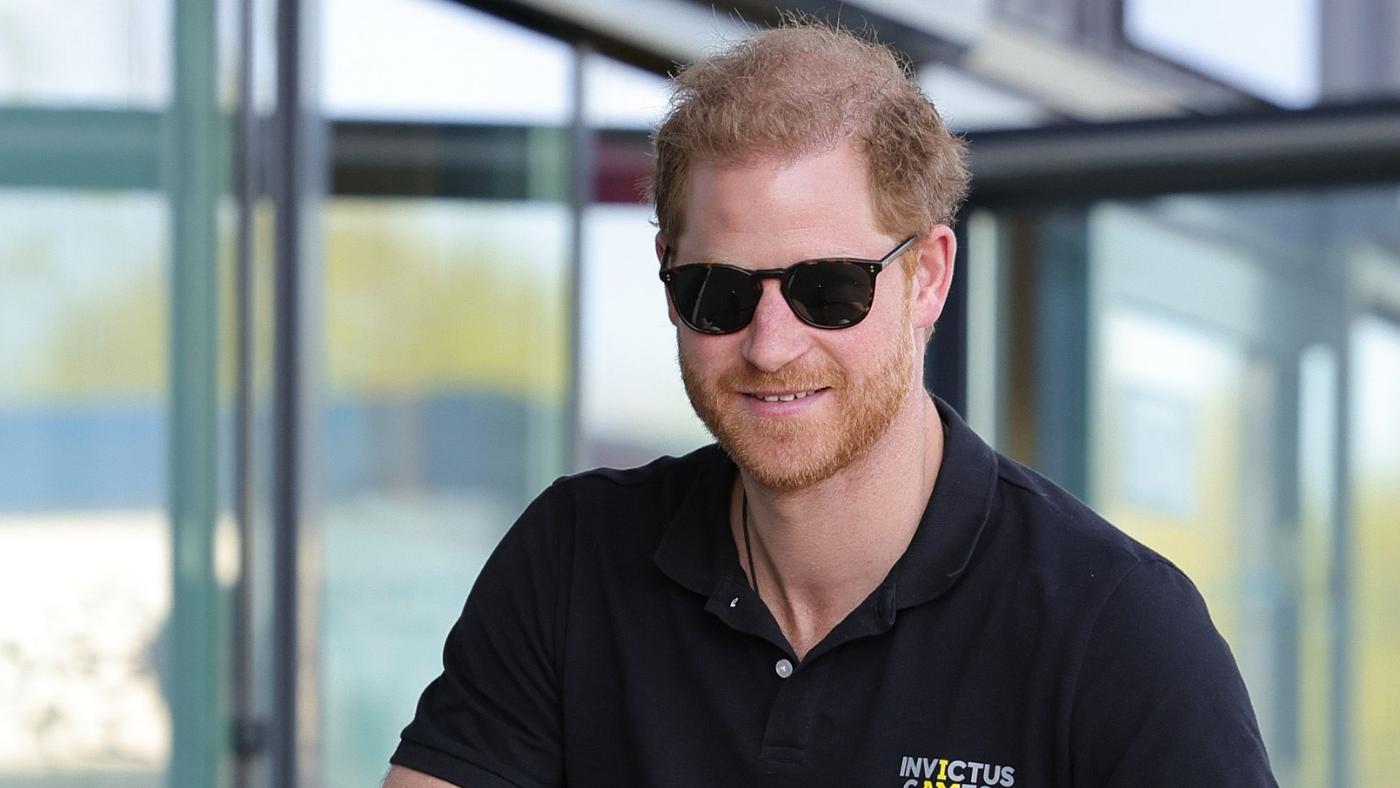 Sex toy ad joking about Prince Harry is banned
Sex toy ad joking about Prince Harry is bannedfeature And other stories from the stranger side of life
-
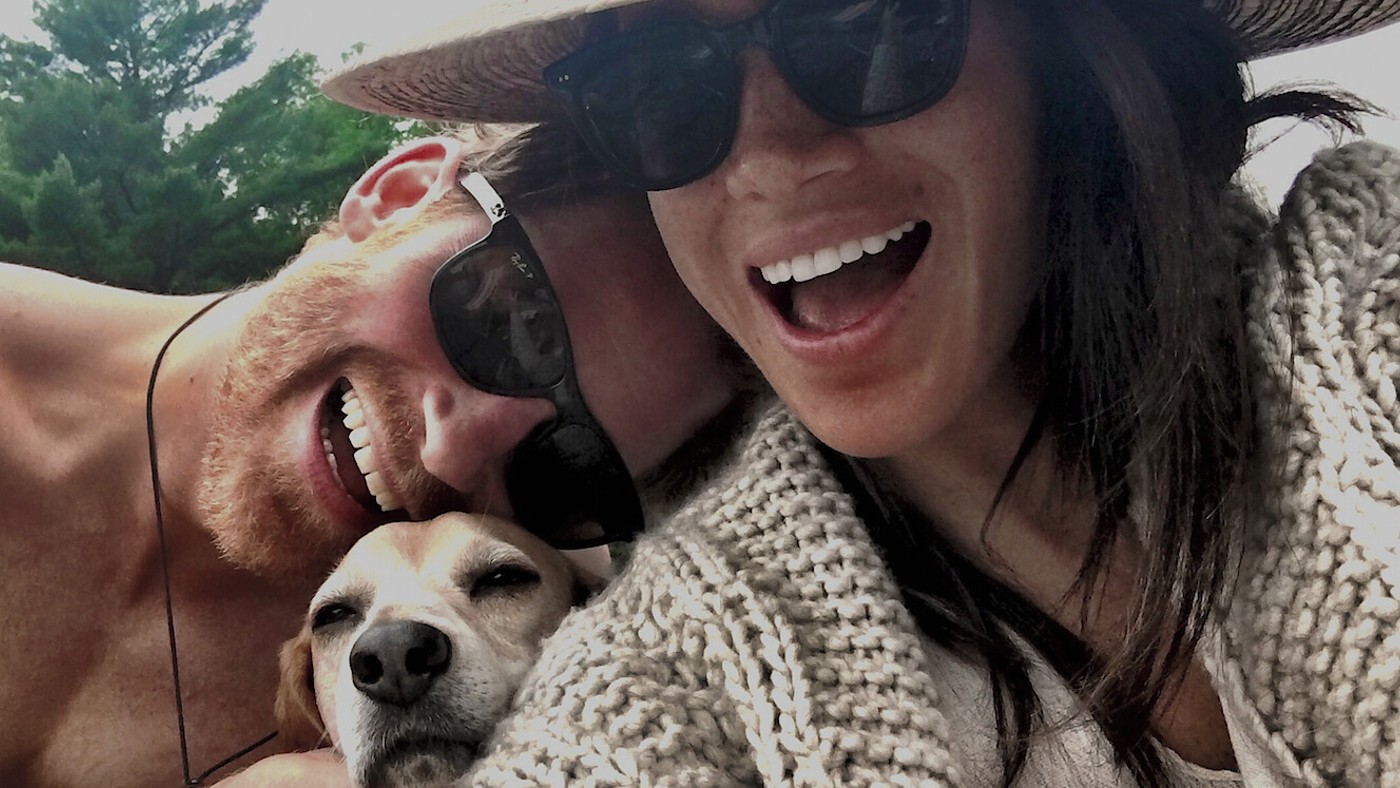 What Harry & Meghan reveals about the Duchess of Sussex’s reputation within the royal family
What Harry & Meghan reveals about the Duchess of Sussex’s reputation within the royal familyfeature New Netflix documentary shines a light on the British monarchy’s relationship with the patriarchy and whiteness
-
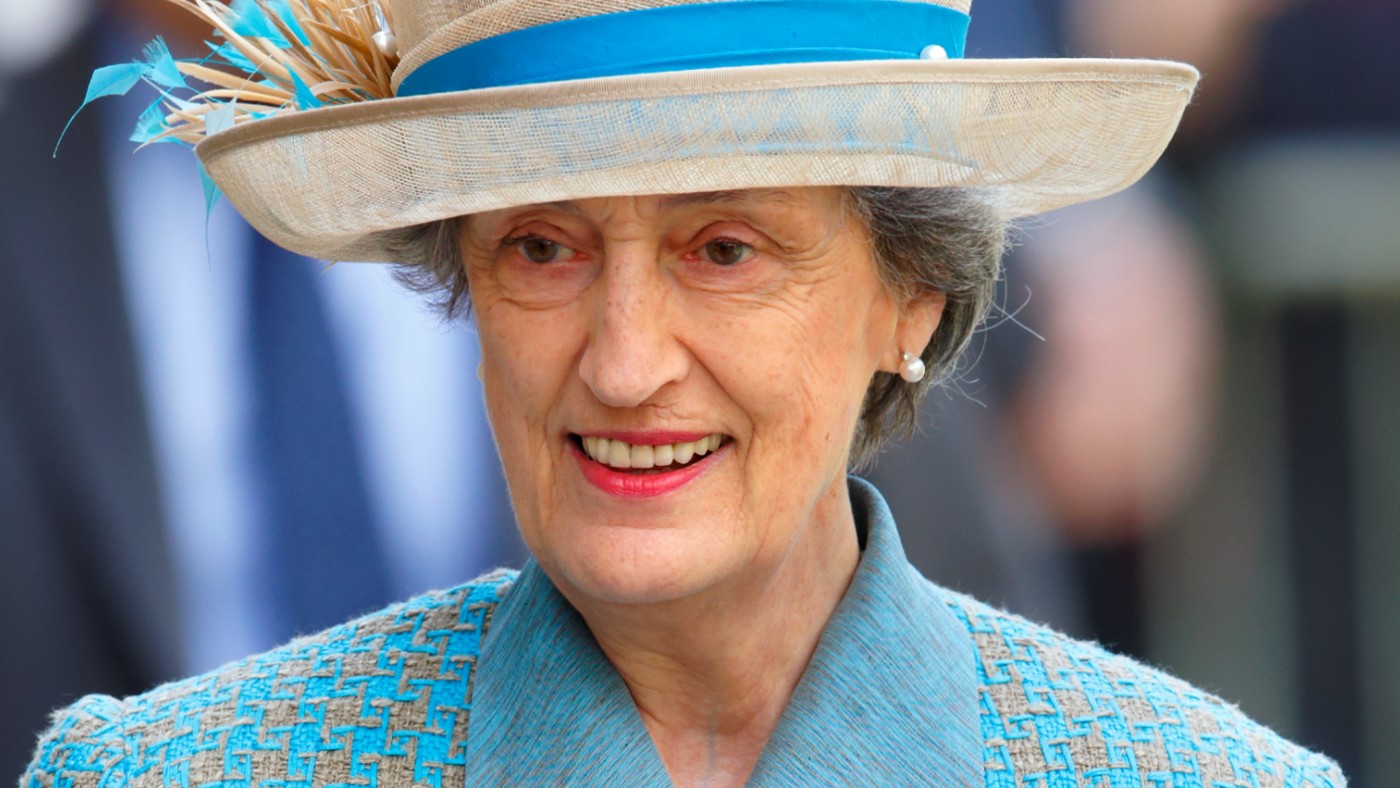 ‘Where are you from?’: a question of race and identity
‘Where are you from?’: a question of race and identityTalking Point Lady Hussey racism row could hardly have come at a worse time for the royals
-
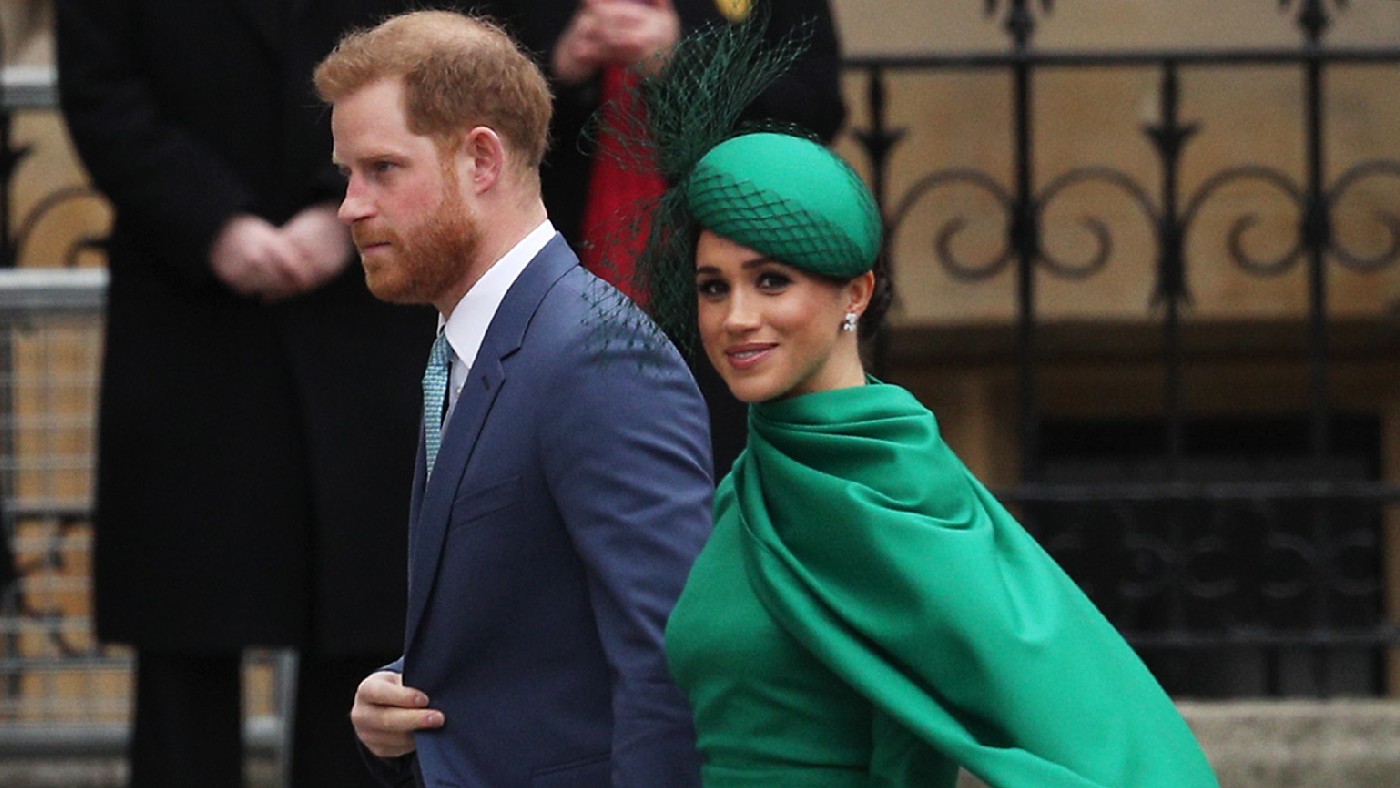 Harry & Meghan: a right royal case of sabotage?
Harry & Meghan: a right royal case of sabotage?Talking Point The timing of the Duke and Duchess of Sussex’s new Netflix documentary trailer has been widely criticised
-
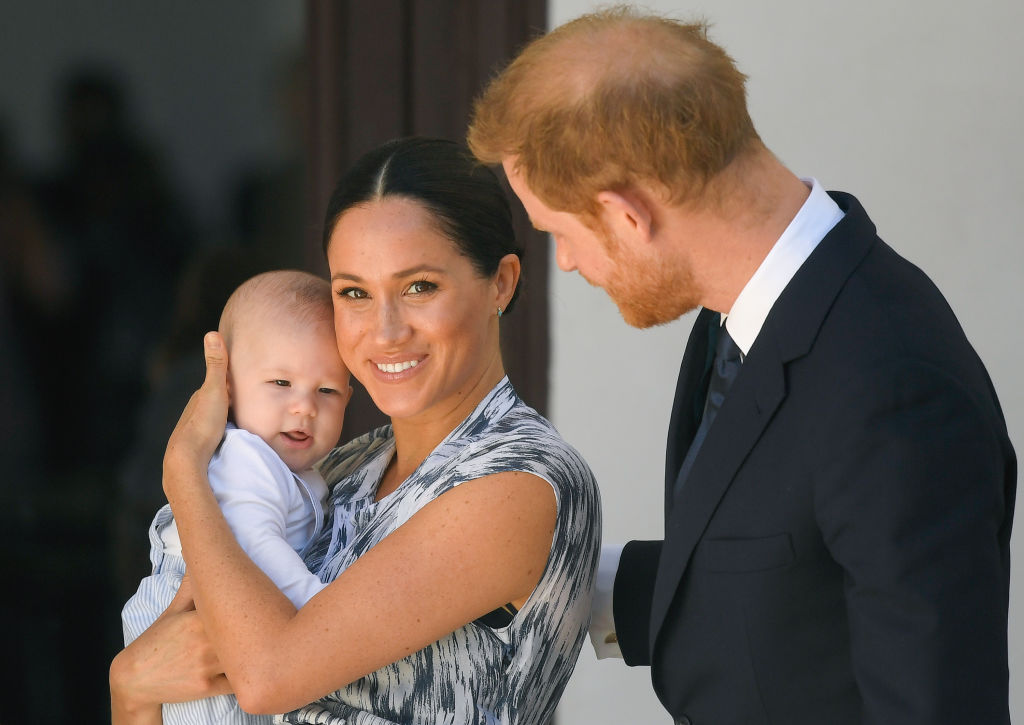 Meghan Markle reveals Archie's nursery once caught fire: 'He was supposed to be sleeping in there'
Meghan Markle reveals Archie's nursery once caught fire: 'He was supposed to be sleeping in there'Speed Read
-
 ‘Police tactics are not getting worse, they are simply being filmed’
‘Police tactics are not getting worse, they are simply being filmed’Instant Opinion Your digest of analysis from the British and international press